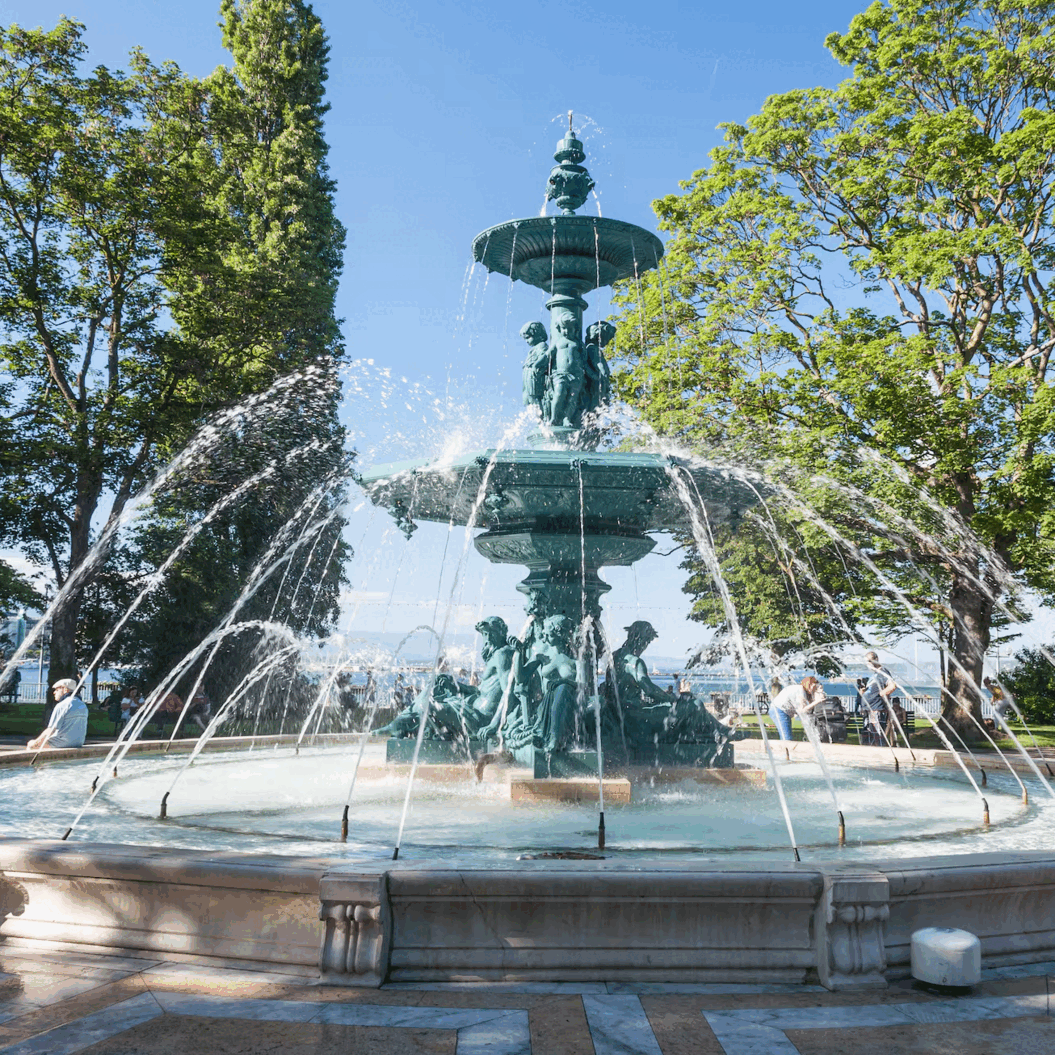The first Blue communities in Switzerland
In Swiss cities, water is particularly noticeable thanks to the many fountains from which high-quality drinking water often flows all year round. This is a privilege that we often take for granted - in many parts of the world it is unthinkable. From a human rights perspective, the situation in Switzerland is encouraging: the right to water and sanitation has been recognized by the UN since 2010. Today we are introducing the “Blue Communities” movement, which is working to preserve this privilege and secure the right to water.
The principles | Starting in Canada, more than 250 Blue Communities worldwide have so far committed themselves to the following principles. They are committed to the responsible use of water - locally and worldwide.
- Human right to water and sanitation Water as a public good,
- Consumption of tap water instead of bottled water,
- Maintaining international partnerships to improve access to water and sanitation .
More about the principles and the Blue Communities in Switzerland
Activities | The communities can be cities, municipalities, universities, private companies, waterworks, wastewater associations, churches and other institutions. The nature of their activities is correspondingly diverse. It is important to exchange experiences for events and measures and to support each other with materials such as traveling exhibitions. Some examples:
The youth radio station RadioChico produced a Blue Community program about called «sponge cities»..
Blue Voices | Why are community leaders, experts and private individuals taking part?
 «Water is everywhere and connects everything, including us humans with everything that surrounds us. It is the basis of our lives and we need to protect it and make it accessible to everyone. Through Blue Communities, I can network and make a contribution to the human right to water and sanitation together with other stakeholders.»
«Water is everywhere and connects everything, including us humans with everything that surrounds us. It is the basis of our lives and we need to protect it and make it accessible to everyone. Through Blue Communities, I can network and make a contribution to the human right to water and sanitation together with other stakeholders.»
Dorothee Spuhler, University of Applied Sciences OST / EAWAG
 «Water is exciting, inspiring and sometimes complex - even with over six decades of experience in the field of wastewater and water protection. We feel a shared responsibility to give the valuable resource of water a voice.»
Benjamin Lüthi, part of the management team at Hunziker Betatech AG
«Water is exciting, inspiring and sometimes complex - even with over six decades of experience in the field of wastewater and water protection. We feel a shared responsibility to give the valuable resource of water a voice.»
Benjamin Lüthi, part of the management team at Hunziker Betatech AG
A good resolution for 2025? What if your municipality, school or employer became a ‘Blue community’?
Click here for instructions on how to become a member


